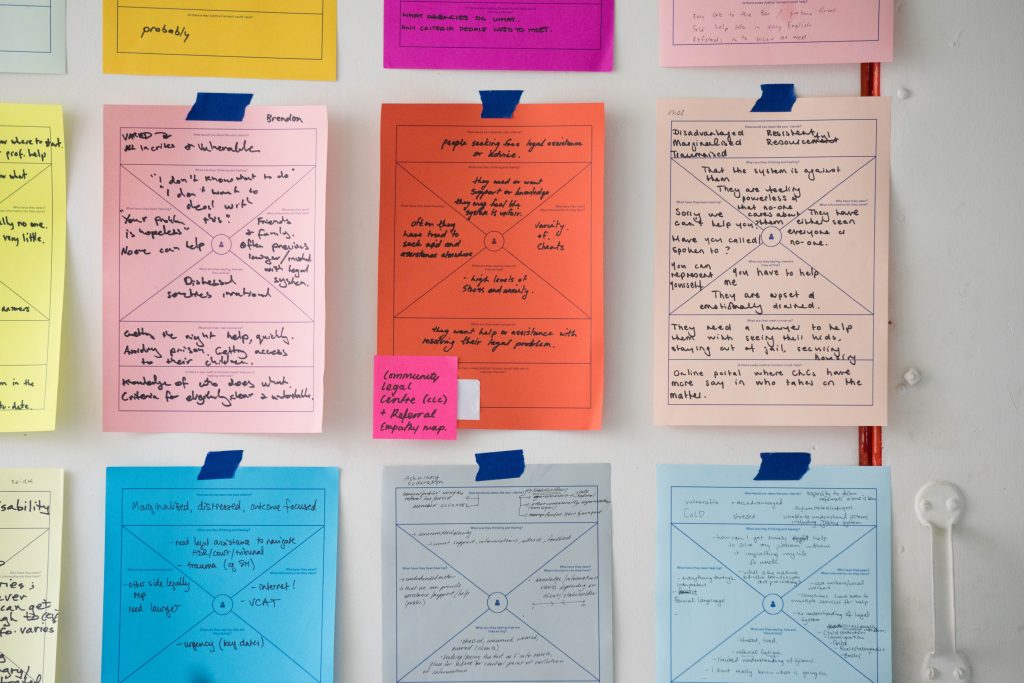
From a funder’s perspective, your passion for your project isn’t enough. Funders want to know that you have designed a project that does more than simply exercise your own intellectual curiosity. Even when it is not explicitly stated among the priorities listed in the program solicitation or guidelines, funders typically want to support a scholar who shows that she is poised to contribute to her field. But what does this mean, and how can you identify the field-building potential of your project?
Dr. Cynthia Verba has theorized three broad types of contribution that your project could make to your field. She suggests thinking through these paradigms, keeping them in mind so you can practice identifying where the articles and books that you read would fit into this typology, and then using them to help you think through the contribution your project could make. The paradigms –described more fully in her publication “Scholarly Pursuits: A Guide to Professional Development during the Graduate Years–” are: 1. A topic that hasn’t previously been studied. If your research fits this paradigm, it is vital to show that you’re doing more than simply filling a gap. You must show that you have identified a significant absence in the scholarship in your area.
2. A topic reexamined through a new lens. Here, Dr. Verba cautions against appearing to dismiss previous research by others. Focus on how you are adding to this body of work, rather than correcting or replacing it.
3. A new case or material through which to address a topic. As noted for the first paradigm, you should be careful to show that you are not simply taking a completist approach to fill all possible gaps in knowledge. Show that the new material you have identified points in a new direction or lends an additional dimension to the existing scholarship. Once you have identified the paradigm that is the closest fit to your project—and Dr. Verba suggests that this is most likely to be the third one—the task is to convey this to your reader. This isn’t something you can accomplish in a single statement. Rather, it should be integrated into different ways throughout the proposal: in the way you describe the importance of your work in the introduction, how you define the central goals of your project, and how you situate your work in the relevant bodies of literature, for instance. Clarifying the way in which you convey your contribution to your field is one of the many areas in which our advisors can help you craft a more competitive application.
Reference:
Verba, Cynthia. 2013. “Scholarly Pursuits: A Guide to Professional Development during the Graduate Years: Eleventh Edition.” Harvard University Graduate School of Arts and Sciences. Accessed online 3/1/19 at https://gsas.harvard.edu/sites/default/files/atoms/files/Scholarly%20Pursuits_CURRENT.pdf


Leave a Reply